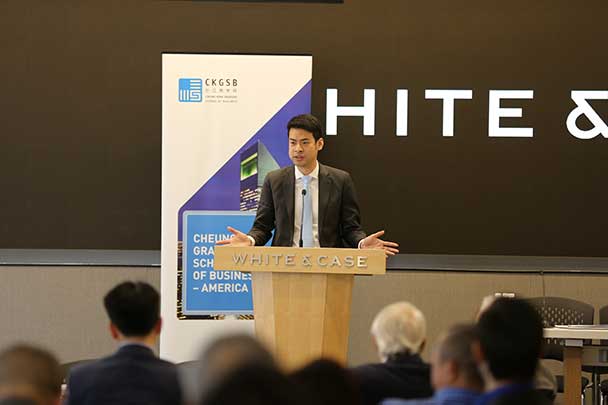Deregulation will create more opportunities
China’s strong fundamentals and abundant opportunities ensure that it will enjoy robust growth and it will remain the world’s economic engine, Dr Xiang Bing told business leaders and influencers in New York.
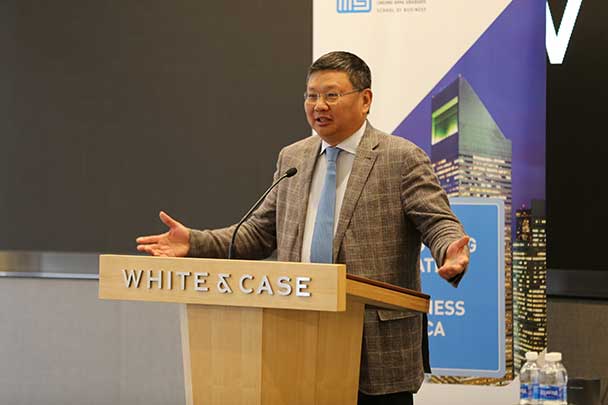
“I continue to be very optimistic about the future of China’s economy,” said Dr. Xiang, the Founding Dean of Cheung Kong Graduate School of Business and Professor of Chinese Business and Globalization.
Dr. Xiang, who was speaking at the New York office of White & Case LLP, said China will enjoy continued strong performance in part because it benefits from capable leadership. The Chinese system rests on genuine meritocracy that ensures the most capable and accomplished administrators rise to leadership positions.
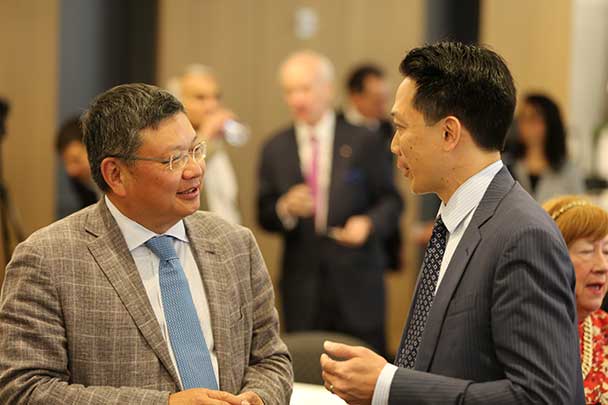
More importantly, however, is China’s enterprising entrepreneurs and vibrant private sector that fuel continued growth in the world’s second largest economy, he said.
In China, the role of the government in the economy continues to decline in favor of the private sector, the Dean said. The Chinese private sector’s contribution to the gross domestic product (GDP) stands at 70% and growing, and it employs 80% of the country’s workforce.
What’s more is that opportunities for growth in China are not drying up, even as the rate of growth has declined in recent years. Dr Xiang said there are nearly 20 critical sectors that can be deregulated. The potentials that would become available from deregulating these sectors, such as telecommunications and financial services, would ensure vibrant and healthy growth for many years.
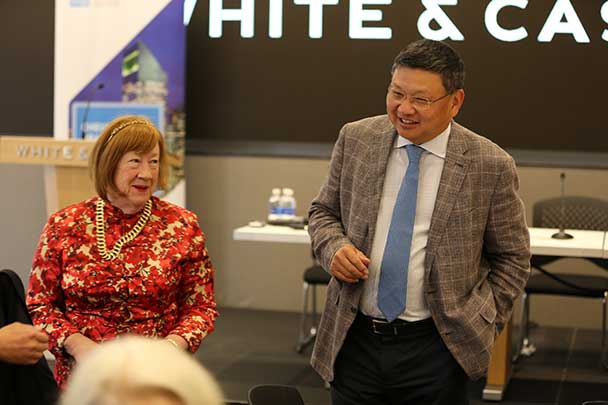
“Because of the opportunities that would arise from deregulation, you still don’t need innovation in China; the old formula (of imitation) will continue to work for sometime,” Dr. Xiang said.
Dr. Xiang said China’s lack of invention and its reliance on imitation in manufacturing and services is not different from the model pursued by Japan, Korea, and other countries, including the United States, when they started industrialization.
China’s economic rise, Dr. Xiang said, is a product of globalization. “You can understand then why China defends globalization,” he said.
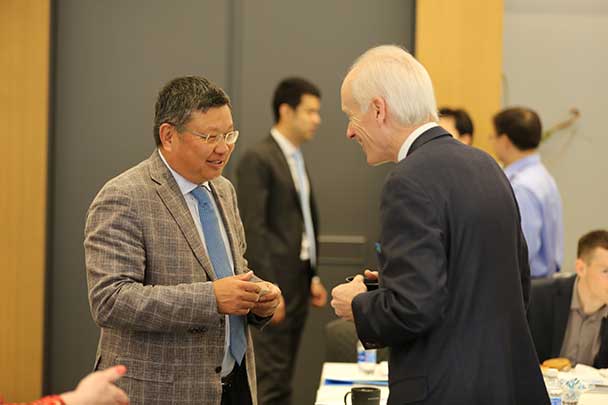
A reflection of the openness of China’s economy to the world is that there are more foreign companies operating in China than in Korea and Japan. Many global consumer product companies draw nearly or more than half of their revenue from Chinese consumers.
To be sure, China’s engagement with the world continues to be critically important to the health of the world economy.
Speaking about the Chinese government, Dr. Xiang said that although the country is governed by the Chinese Communist Party, whose structure resembles that of the former Soviet Union, China is essentially “the most capitalist country in the world.” Confucius principles are far more influential in how China is governed, he said. Nevertheless, Dr. Xiang credited Chairman Mao Tse Tung for putting China on the road of social progress and modernization. For instance, he attributed women’s liberation and mass participation in the economy to the commitment of the revolutionary leader to this cause.
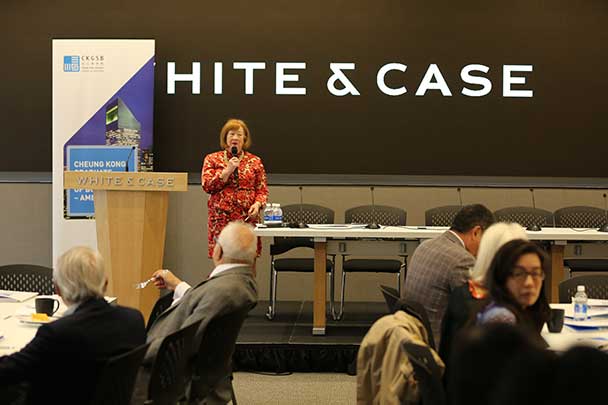
After Mao, the reformist Deng Xiaoping replaced ideology with pragmatism. He began China’s economic liberalization and focused on economic progress. An often-repeated statement from him exemplified his preference for results over doctrine. Dr. Xiang mentioned that quote in tribute to the transition that began under Deng’s leadership: “It took someone of his calibre to say: ‘It doesn’t matter whether a cat is white or black, as long as it catches mice.’”
